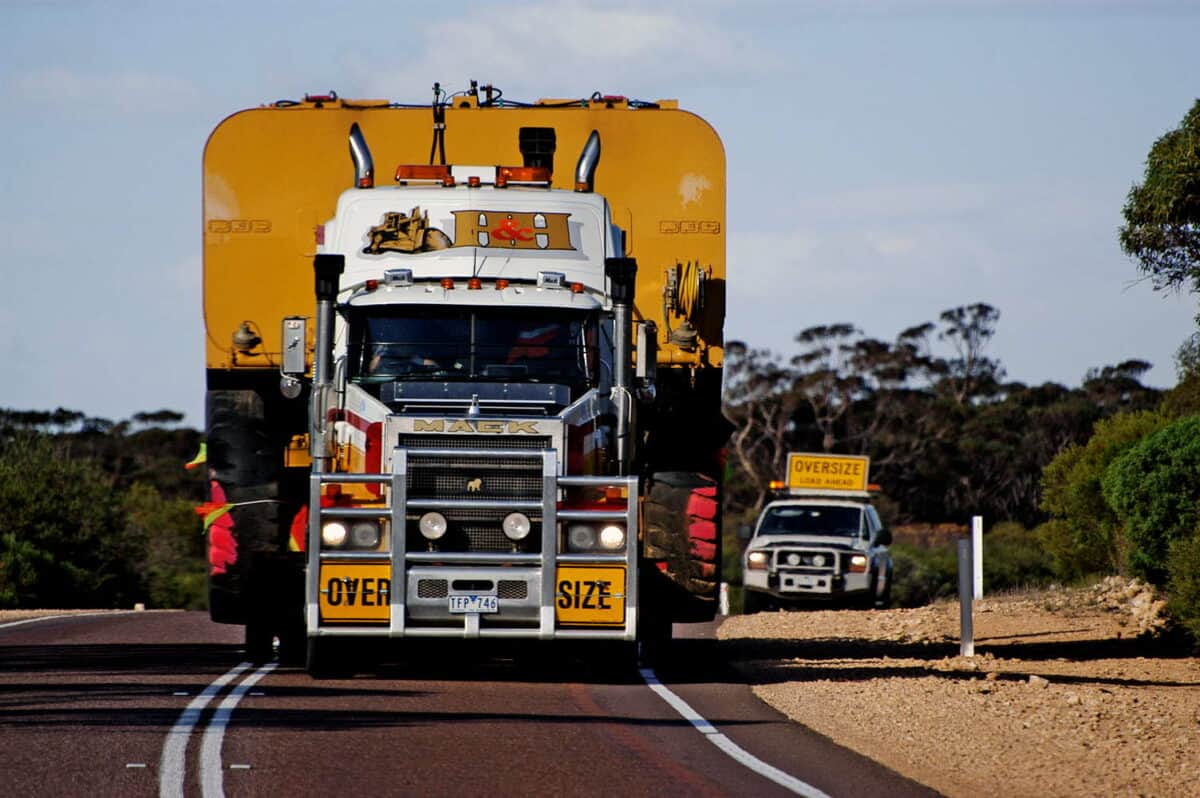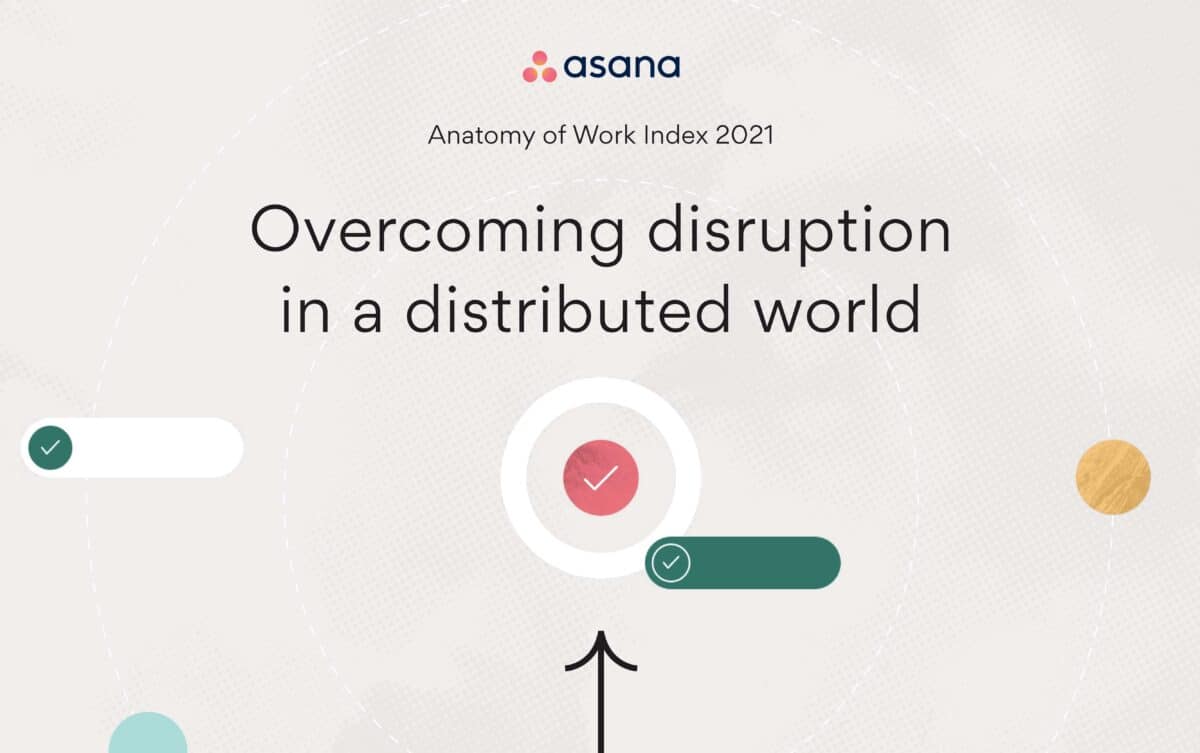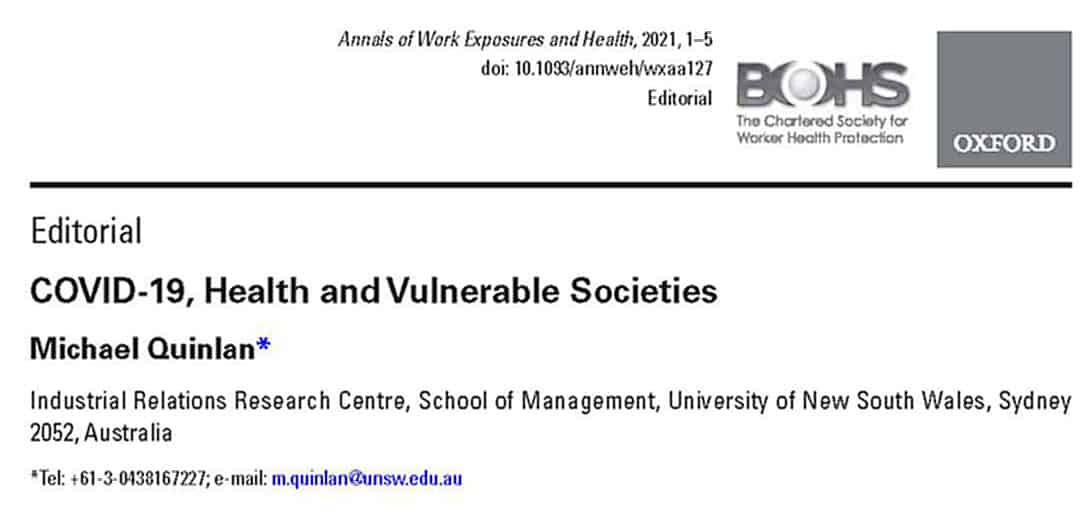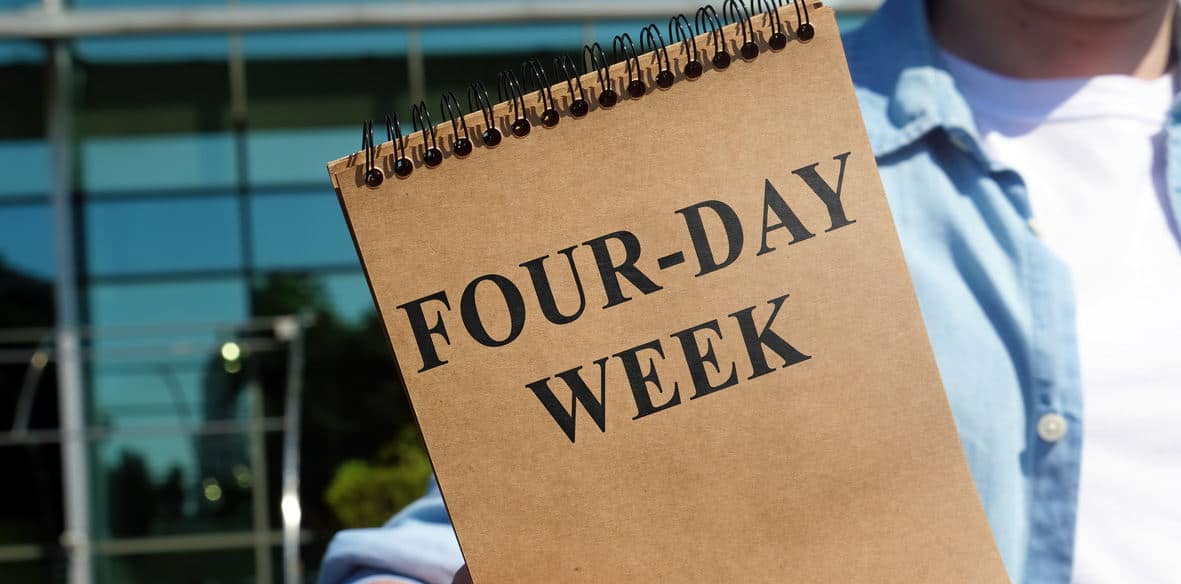Too much weight is given to occupational health and safety (OHS) surveys and research that rely on self-reported data. Such data is subject to social and personal biases. It has its role in the state of knowledge, but its authority and worth is frequently overstated.
A recent research project into the OHS effects of working in open-plan offices removed this level of subjectivity by using a simulated office environment. The researchers’ findings provide a useful context to office design (not a new issue) and work-related mental health, especially when workers are being encouraged to return to the office.






